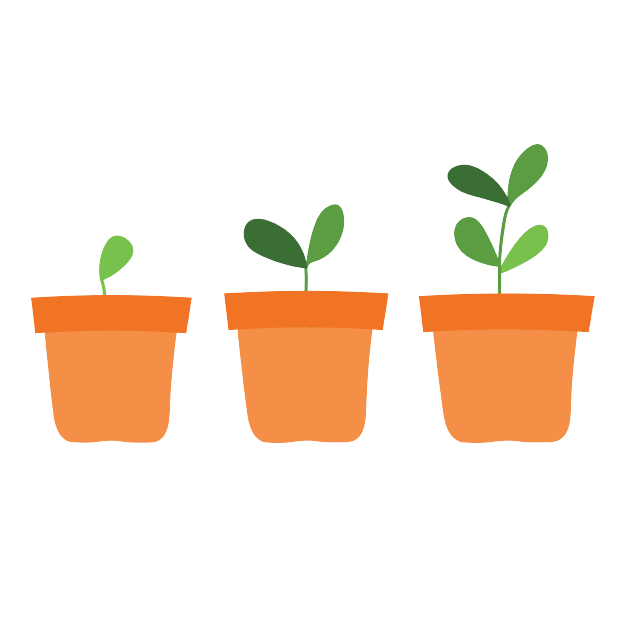Educators’ SEL, Relationships, and Learning
Educators’ SEL, Relationships, and Learning
Date: September 28, 2020
Joanne was a Grade 3 teacher in a high-need rural school. She was an incredibly conscientious person and she worried a lot. She worried about how good a teacher she was, how her colleagues perceived her, and what her principal was thinking, as well as being concerned about each student and how she could help them progress. This worry led to her doubting herself and working even harder, and over time she became emotionally exhausted. This, in turn, affected her family life and her health. Then a new principal arrived and set social and emotional learning as a central goal of their school.
Joanne was mentored in the use of an evidence-based Social emotional learning (SEL) curriculum and the staff created a reading group on SEL. They then began to work on their own social and emotional awareness, which included some short and practical mindfulness practices. The staff also worked to create a more compassionate, caring culture for their school, children, and parents. Joanne found a new reserve of inner strength, loosened the grip of her worry, and celebrated the new sense of partnership with teachers and other staff. She developed closer relationships with her students and parents and she slowly gained back the joy of teaching.
This story illustrates the power of community, leadership, and self-inquiry in supporting a teacher’s own journey as a professional. All three components supported Joanne and nurtured her abilities as a teacher. Over the past few decades, research has shown that teachers who develop and compassionately nurture their own social and emotional competencies are those who create caring classrooms and support their students’ SEL. Further, when children’s social and emotional competence is facilitated and the school nurtures healthy relationships with colleagues, students, and families, students become more engaged as learners and increase their school success.
In the time of COVID-19, there are important lessons for us to remember. First, we need to nurture ourselves and make realistic plans for self-care. Second, we need to nurture our relationships with our colleagues, and especially reach out to our students and families. Third, secure and caring relationships are the base for learning and success and the more secure and confident we all feel, the more learning and growth will happen.
Photo: Adobe Stock
First published in Education Canada, September 2020
Meet the Expert
Dr. Mark Greenberg
Mark T. Greenberg, Ph.D. is an Emeritus Bennett Chair of Prevention Research in the Department of Human Development and Family Studies at Penn State University and Chair of CREATE for Education. His research concerns preventive and promotive intervention to increase child, educator and parent well-being.


